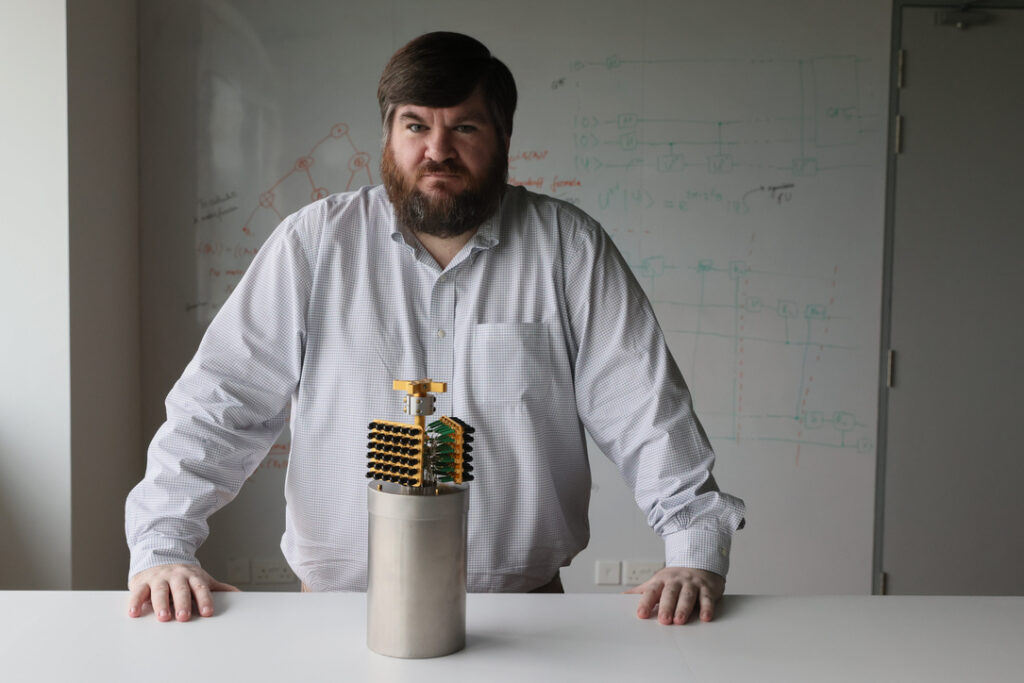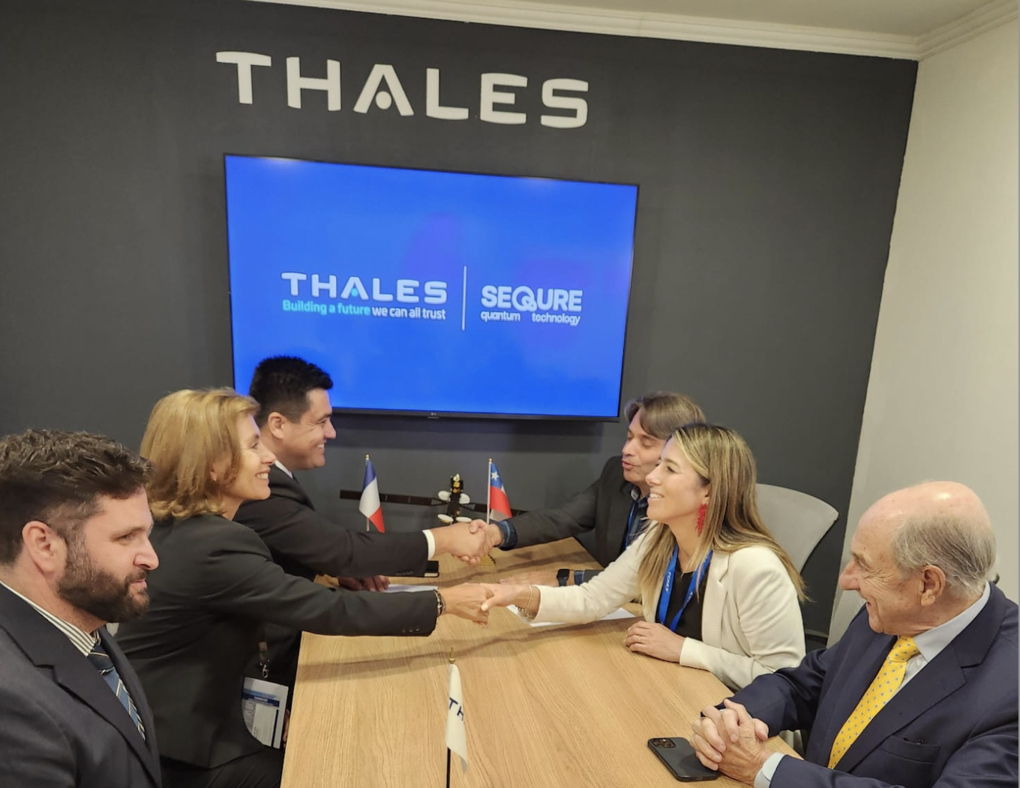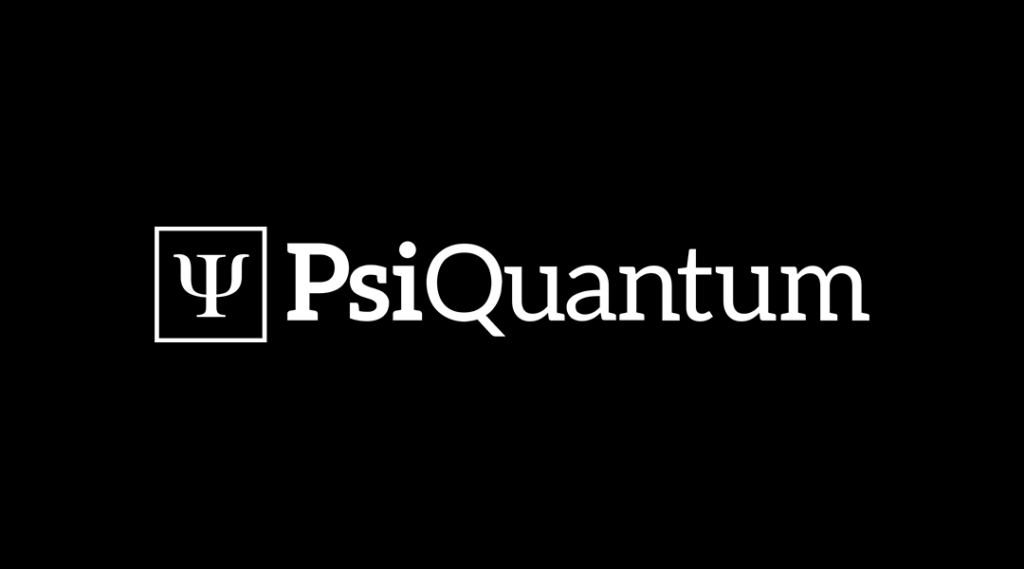
“Flying & Stationary Qubits”
In late 2020, physicists at the Max Planck Institute of Quantum Optics published a paper in Physical Review X on their research into the basic technology for a new quantum modem. The intention of the quantum modem, then, is to efficiently “establish a connection between flying and stationary qubits.”
“In the future, a quantum internet could be used to connect quantum computers located in different places, which would considerably increase their computing power!” said Andreas Reiserer, who heads the independent Otto-Hahn research group “Quantum Networks” at the Max-Planck-Institute of Quantum Optics in Garching.
Along with other research in the area of a quantum internet and other forms of communications inspired by quantum information science (QIS), things are also starting to happen in the commercial sphere, too.
QphoX — founded in Delft, the Netherlands this year by Simon Groeblacher, Frederick Hijazi and Robert Stockill — is busy developing the world’s first quantum modem™ device, which will connect quantum computers across a quantum network.
Unsurprisingly, then, QphoX joins a whole host of quantum startups from the Netherlands like Delft Circuits, Orange Quantum Systems, Qblox, Qu & Co, Quantum Quants, QuiX, and Single Quantum that are working on solutions using quantum technology.
QphoX
The team’s exciting IP is the quantum transducer which uses coupling microwave and optical photons via a mechanical intermediary resonator. “This process”, according to the startup, “is based on the piezo-electric and optomechanical effects and is fully coherent and works bi-directionally” and can convert — by way of low-loss and high-fidelity transmission of the quantum states — information between the microwave domain and optical telecom frequencies.
Confident in their technology, QphoX believes it can become the “backbone of the future quantum internet” as it will offer not only compatibility and scalability but will also be fully compatible with any other superconducting qubit system developed.
At the heart of all this innovation is the three founders, of course.
Simon Groeblacher is QphoX’s CEO. A professor of quantum physics at the Delft University of Technology (TU Delft), he gained his Ph.D. in physics from the University of Vienna.
The startup’s COO is Frederick Hijazi. He has an MA in applied physics from TU Delft. Hijazi is an engineer at heart in RF and optoelectronics hardware design whose scope and attention have moved more recently to quantum information processing.
Completing the profile of QphoX’s founding team is CTO Robert Stockill. A Marie Skłodowska-Curie postdoctoral fellow at TU Delft, he obtained a Ph.D. and PostDoc in physics from the University of Cambridge.
Funding Round
Along for the journey with QphoX are partners Quantonation, a venture capital investor specialized in deep physics startups, Delft Enterprises, an investment management firm that participates in innovative, early-stage and technology-based spinoff companies of the Delft University of Technology, the department of Quantum Nanoscience at the Delft University of Technology, and Quantum Delft, an initiative that provides innovative quantum businesses with access to top talent, a pool of hundreds of researchers, a strong startup community, and state-of-the-art research facilities.

Only this month QphoX raised €2 million in funding, right out of stealth. The round, led by a European syndicate of top deep-tech investors, Quantonation, Speedinvest and High-Tech Gründerfonds, with participation from TU Delft University, means QphoX can be sure its future in the sector has the best chance of thriving.
Commenting on the funding round, Gröblacher said: “Thanks to this investment, we will be able to create and provide the missing link between quantum computers and the quantum internet, and further help scaling quantum processors to realize their computing power.”




















